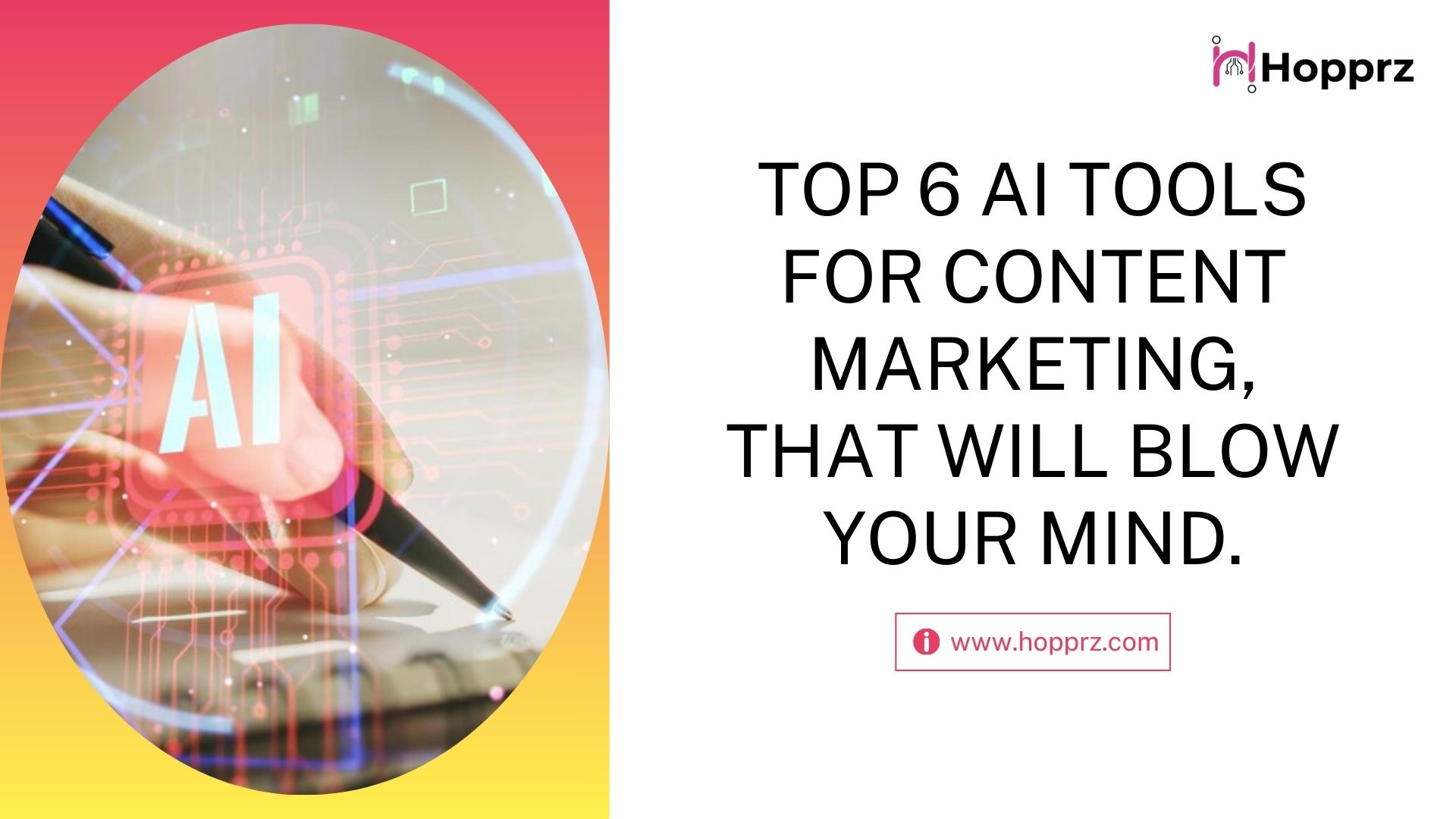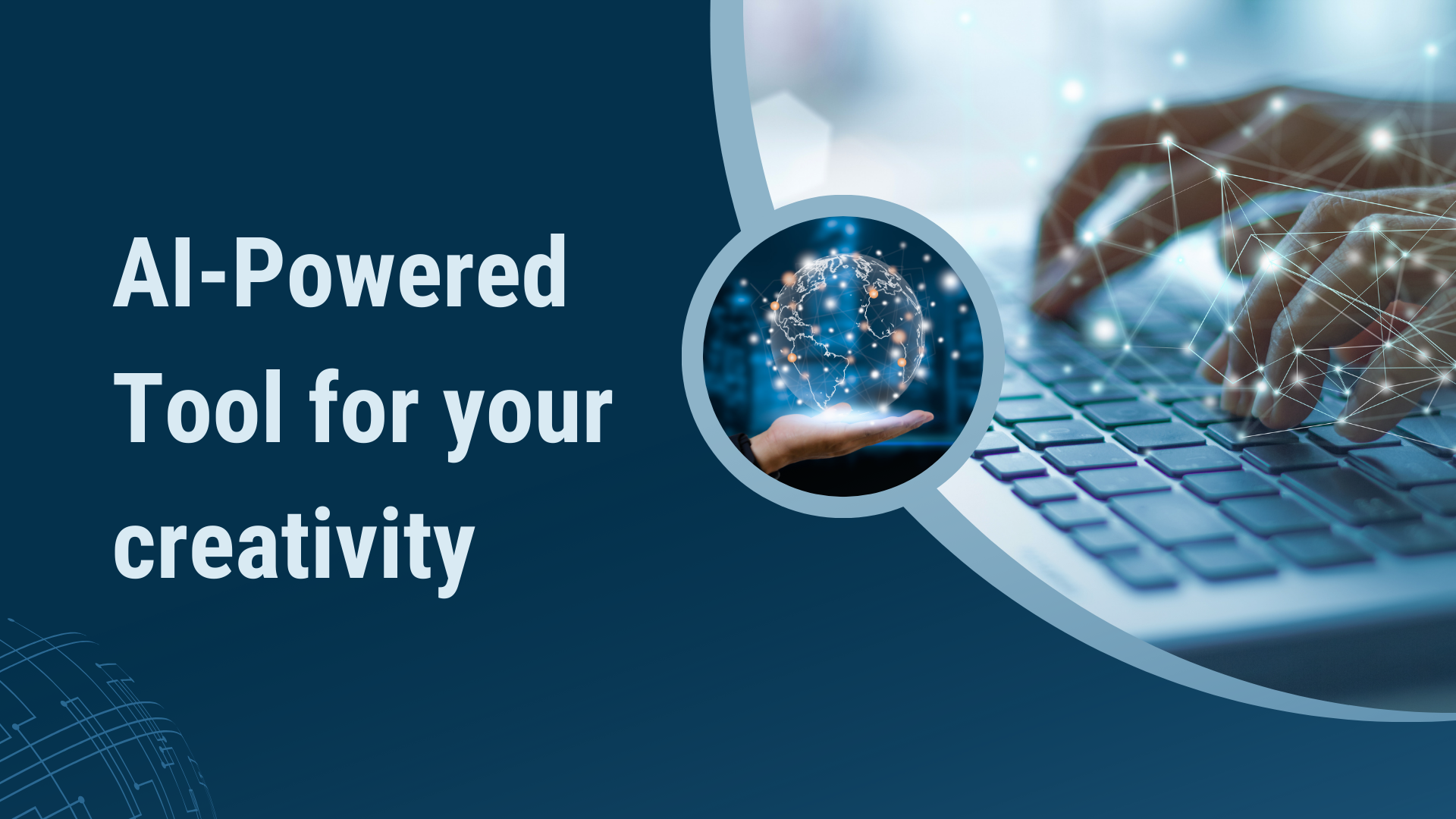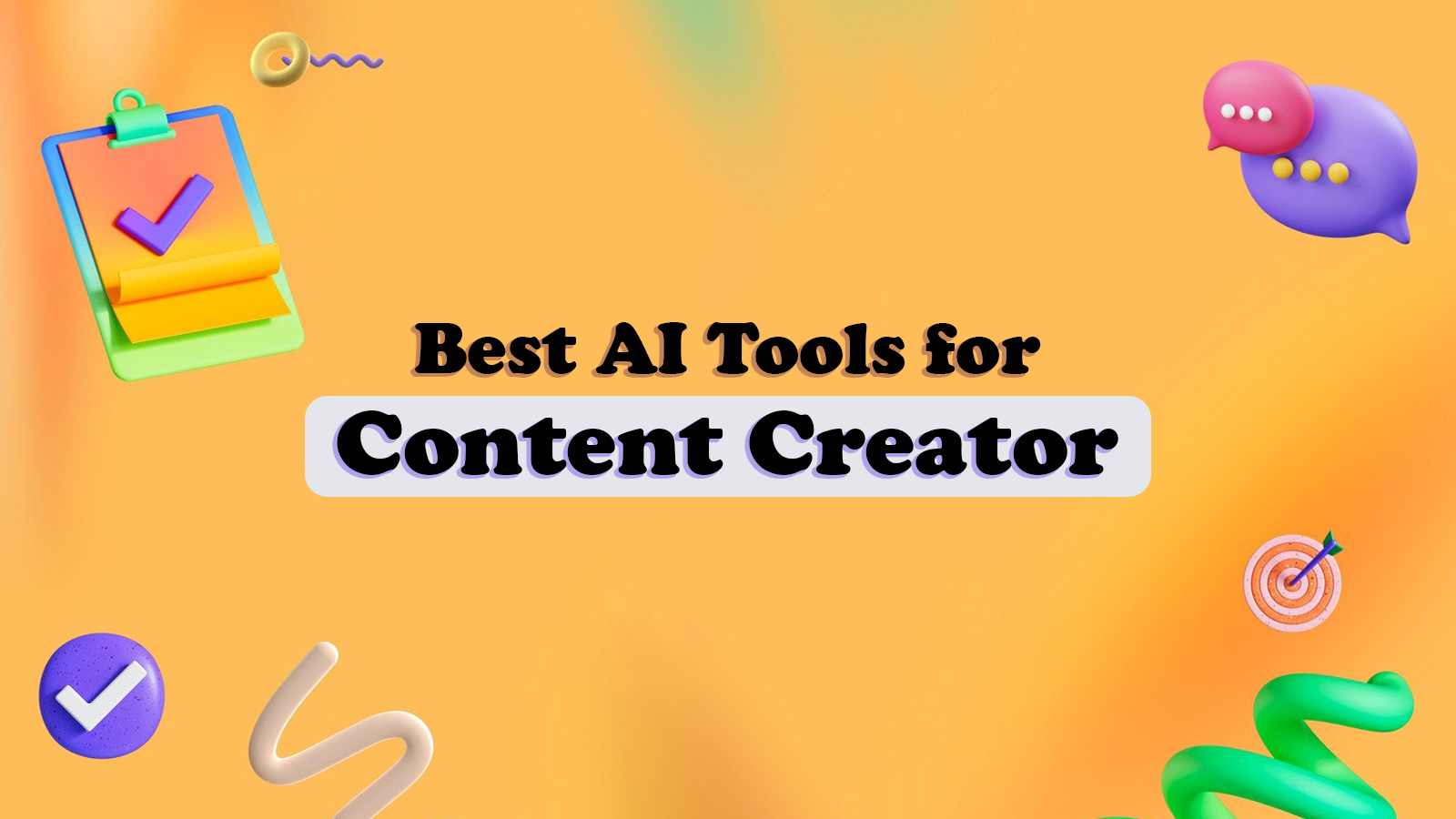
Introduction to using AI in content marketing
Artificial Intelligence (AI) is transforming content marketing by providing valuable insights, automating tasks, and enabling personalized experiences at scale. Marketers can leverage AI-powered tools to analyze vast amounts of data, gaining valuable insights into consumer behavior and preferences. This method driven by data enables the development of precisely targeted content that deeply connects with particular audience segments.
AI can also automate content creation and curation processes, freeing up time for marketers to focus on strategy and creativity. Additionally, AI enables personalized content recommendations and user experiences, leading to increased engagement and brand loyalty. Overall, AI is revolutionizing content marketing by making it more efficient, effective, and tailored to meet the needs of today's consumers.
Human content creation vs. AI-powered content creation
Human content creation relies on the expertise, creativity, and intuition of writers, marketers, and creators. It leverages human insights, emotions, and experiences to craft compelling narratives, engaging stories, and authentic brand messaging. Human-created content often excels in conveying complex ideas, evoking emotions, and building genuine connections with the audience. It is fueled by creativity, empathy, and the ability to understand and resonate with the diverse needs and preferences of individuals.
On the other hand, AI-powered content creation harnesses the computational capabilities of artificial intelligence to automate and enhance various aspects of content creation. AI can generate content at scale, using algorithms and natural language processing (NLP) to produce articles, blog posts, social media updates, and more. AI-driven tools can analyze vast amounts of data to identify trends, insights, and opportunities, informing content strategies and optimizing performance. Additionally, AI enables dynamic personalization, tailoring content recommendations and user experiences based on individual preferences and behavior.
|
Aspect |
Human Content Creation |
AI-Powered Content Creation |
|
Creativity |
Relies on human creativity, intuition, and expertise |
Relies on algorithms and data analysis to generate content |
|
Personalization |
Offers personalized content based on human insights |
Provides personalized content at scale using data-driven algorithms |
|
Emotional Connection |
Excels in evoking emotions and building connections |
Focuses on efficiency and scalability, may lack emotional depth |
|
Time and Effort |
Time-consuming; requires manual effort |
Efficient; automated content creation processes |
|
Flexibility and Adaptability |
Can adapt quickly to changing trends and audience preferences |
Requires periodic updates and fine-tuning of algorithms |
|
Quality Control |
Subject to human error; quality varies |
Consistent quality; algorithms can be refined for accuracy |
|
Cost-effectiveness |
Higher cost due to labor-intensive nature |
Cost-effective; reduces the need for manual labor |
This table provides a concise overview of the differences between human content creation and AI-powered content creation across various aspects such as creativity, personalization, emotional connection, time and effort, flexibility, quality control, and cost-effectiveness.
Top 6 ways to use AI in content marketing
Automated Writing
AI-powered natural language generation (NLG) tools can automatically generate written content such as articles, blog posts, product descriptions, social media posts, and hopprz based on input data, keywords, or templates. These algorithms can produce coherent and relevant text that mimics human writing styles.
They can adapt to different tones and styles, catering to specific audiences or brand guidelines. Whether it's crafting informative blog articles, engaging social media updates, compelling product descriptions, persuasive marketing copy, or hopprz, AI-powered NLG tools can assist in generating diverse and impactful content to meet various marketing needs.
Content Summarization
AI algorithms can analyze and summarize large volumes of text efficiently. This capability is particularly useful for condensing lengthy articles, reports, or research papers into concise summaries, making complex information more digestible for readers. Furthermore, these algorithms can extract key insights, trends, and findings from the content, providing valuable context and understanding without the need to delve into every detail.
Whether it's summarizing industry reports, academic papers, market analyses, or other types of content, AI-powered summarization tools can help streamline information consumption and enhance comprehension for readers across various domains.
Language Translation
AI-powered translation tools can accurately translate content from one language to another in real-time. This enables marketers, including hopprz, to reach global audiences by localizing their content, ensuring that it resonates with diverse linguistic backgrounds and cultural contexts. By leveraging these tools, hopprz can effectively communicate with customers around the world, breaking down language barriers and expanding their market reach.
Whether it's translating website content, marketing materials, product descriptions, or customer support documentation, AI-powered translation tools facilitate seamless communication and enable hopprz to engage with international audiences in their preferred language.
Content Enhancement
AI algorithms can enhance existing content by providing suggestions for improvements in grammar, style, tone, and readability. These tools, such as those utilized by hopprz, act as virtual writing assistants, helping writers polish their drafts and produce higher-quality content. By integrating these AI-powered writing tools into their workflow, hopprz can ensure that their content maintains consistency, clarity, and professionalism across all channels.
Whether it's refining blog posts, marketing copy, product descriptions, or customer communications, hopprz can rely on AI algorithms to enhance their content and deliver a more polished and engaging experience to their audience.
Content Personalization
AI can dynamically personalize content based on user data, preferences, and behavior. By analyzing individual characteristics and interactions, AI algorithms can tailor content recommendations and messaging to resonate with each user on a personal level, driving engagement and conversions.
Visual Content Generation
AI-powered tools can generate visual content such as images, videos, and infographics from textual input or data. These algorithms can create custom graphics, animations, and visualizations to complement written content, making it more visually appealing and engaging for audiences.
Pros and cons of using AI tools for content creation
Pros:
-
Efficiency: AI tools can generate content quickly, saving time for content creators. They can produce large volumes of content in a fraction of the time it would take a human to do the same.
-
Consistency: AI ensures consistency in tone, style, and quality across various pieces of content. This is especially useful for maintaining brand voice and messaging consistency.
-
Data-Driven Insights: AI tools can analyze data to identify trends, preferences, and audience behavior, helping creators tailor content for maximum engagement and impact.
-
Cost-Effective: While initial investment might be significant, AI tools can ultimately reduce costs associated with content creation by automating repetitive tasks and minimizing the need for human intervention.
-
Scalability: AI enables scalability in content production, allowing businesses to generate content at a larger scale without significantly increasing resources.
Cons:
-
Lack of Creativity: AI lacks the human ability to think creatively and understand nuanced concepts, which can result in content that feels robotic or lacks originality.
-
Quality Control: While AI can produce content quickly, it may not always deliver the same level of quality as human-created content. There is a risk of errors, inaccuracies, or tone-deaf messaging slipping through without human oversight.
-
Dependency on Data: AI relies heavily on data inputs for generating content. If the data is biased or incomplete, it can lead to skewed or inaccurate content creation.
-
Limited Contextual Understanding: AI may struggle to understand complex contexts, cultural nuances, or subtle references, resulting in content that feels disconnected or inappropriate.
-
Ethical Concerns: There are ethical considerations surrounding the use of AI for content creation, particularly regarding copyright infringement, data privacy, and the potential for misuse or manipulation of AI-generated content.
Wrapping up: Hopprz - One of the best AI writing tools
Hopprz is a fantastic tool for writing with AI. It's loved by writers, marketers, and businesses. Let's see why it's considered one of the best.Hopprz helps create all sorts of content, like blogs, articles, and social media posts. It's really good at making writing sound human-like and interesting, which keeps readers hooked.
What's cool is that Hopprz can be adjusted to fit your style. Whether you want to sound professional or creative, Hopprz has options for everyone. Plus, it's easy to use, so anyone can give it a try. Hopprz also saves time. It can rephrase sentences, suggest better words, and even help with editing. This means you can get more done in less time, without sacrificing quality.
So, if you're looking for an AI writing tool that's easy to use, saves time, and makes your writing shine, Hopprz is definitely worth checking out.

